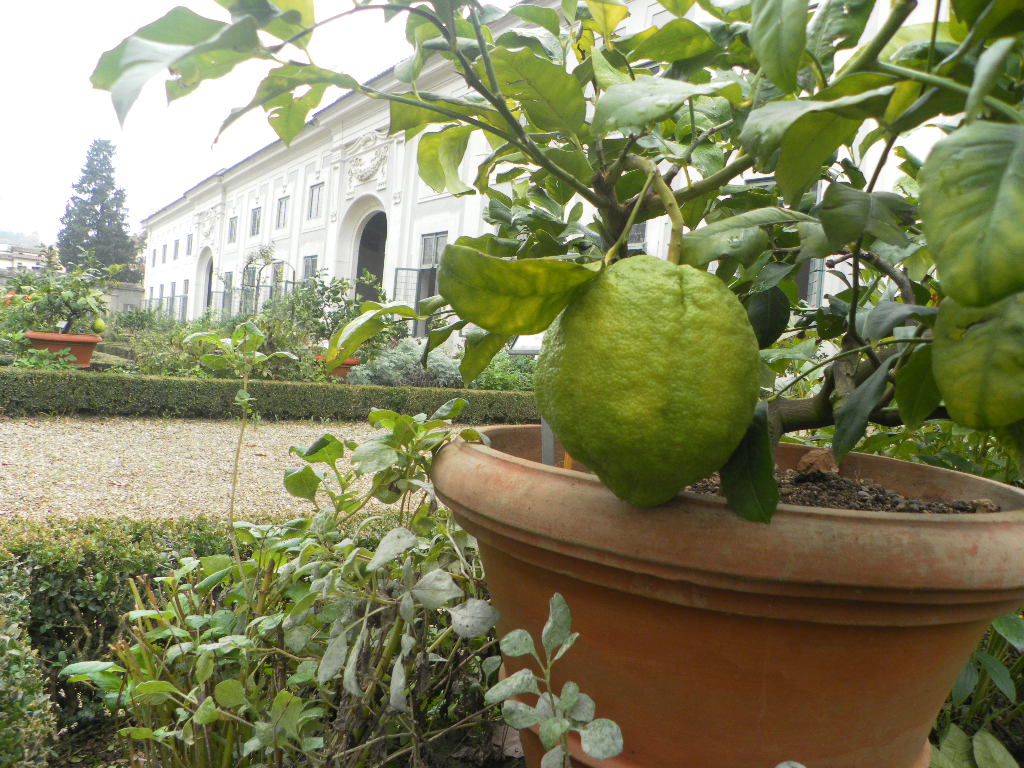The Boboli Gardens and the Wilanów Palace Museum, in Warsaw, Poland, have teamed up to protect, preserve and promote their historic citrus plant collections.
The Citri et Aurea campaign has started in Florence as three Polish specialists explore approximately 90 varieties in the extensive gardens behind the Pitti Palace. Established by Cosimo I in the 16th century, the Boboli citrus collection is one of the most important of its kind in Europe, featuring variations like Bizzarria, dating to the mid 1600s, with lemon, bitter orange and citrus traits. The lemon house houses some of the oldest citrus plants, many of which were developed by the Medici gardeners.

Citrus Lumia, also known as Adam’s Apple 2
“We are happy to be a strategic partner of this project, which sees strong ties between Florence and Poland,” commented Eike Schmidt, director of the Uffizi Galleries. “Due to the dedication of the grand duke and the gardeners of Boboli over the centuries, we can boast an extraordinary botanic heritage.”
The director of the Wilanów Palace Museum, Paweł Jaskanis, added, “The realm of King Jan III was a renaissance for Polish-Florentine artistic and scientific relations. From the vast correspondence between the court of Sobieski and Medici, gardens emerge as another area of collaboration. Thanks to the kindness and friendship of Cosimo III, the Polish king acquired numerous exotic plants, including citrus, which adorned his new residence in Wilanów.”
The project is aimed at knowledge sharing and the development of best practices regarding the creation and upkeep of citrus plant collections. It is financed by the Polish Ministry for Culture and Heritage, with the backing of the Polish Institute in Italy and the Polish Academy of Science in Rome.






